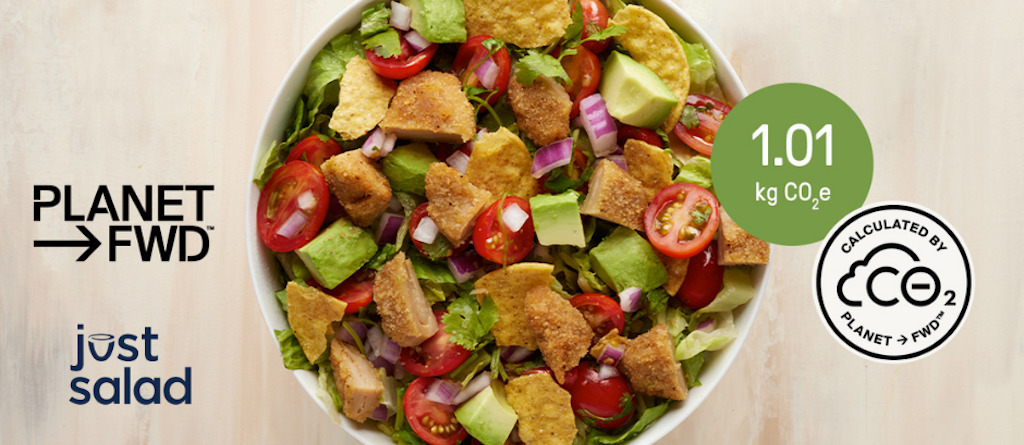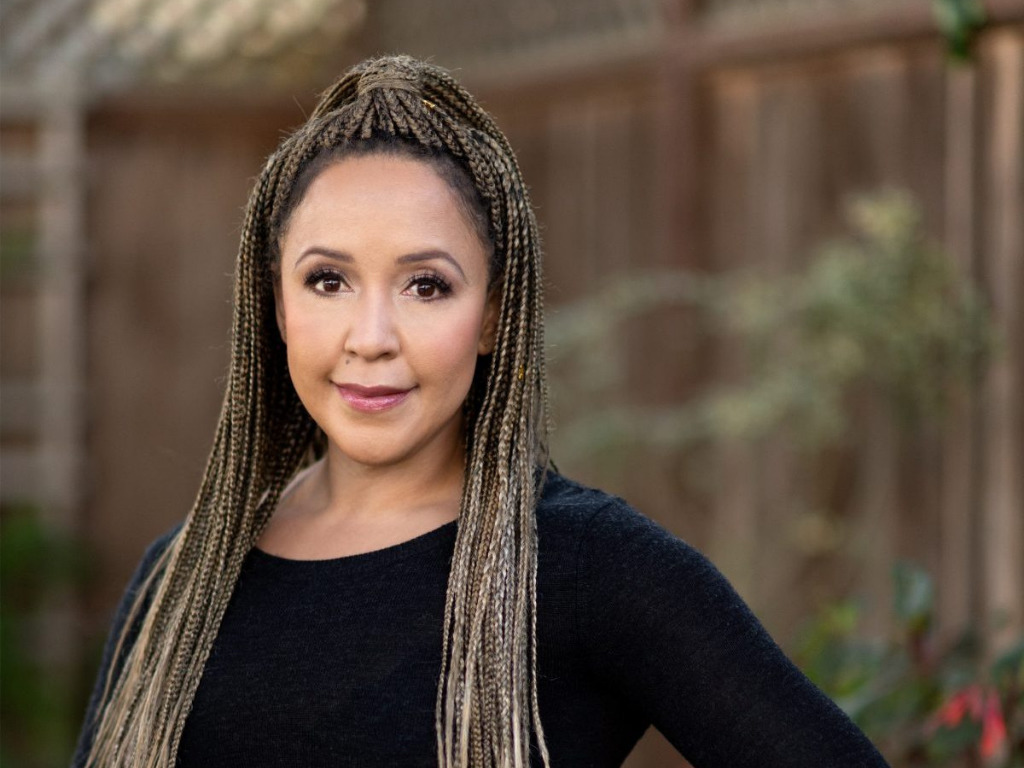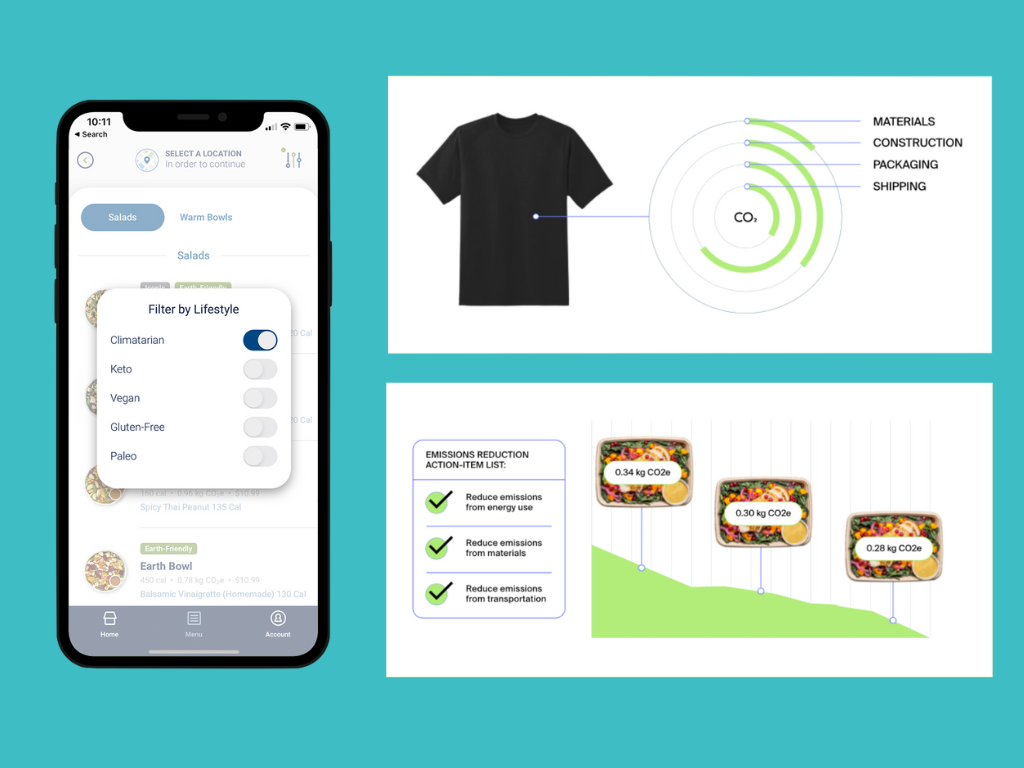DecarbonAIsation: Planet FWD Launches AI Platform to Help Food Companies Lower Emissions
4 Mins Read
Planet FWD, a platform that helps companies assess their climate footprint and calculate emissions, has launched an AI-powered data engine built specifically for the food and beverage sector to mitigate their environmental impact and tackle elements like scope 3 emissions.
Founded in 2019 by Zume Pizza co-founder Julia Collins, Planet FWD provides carbon footprint data to companies through life-cycle assessments (LCAs) to help them cut emissions and reduce their impact on the climate.
“We wanted to understand our corporate level footprint as a company, and that was really hard,” Collins told Tech Crunch last year. “We wanted to understand how to reduce our emissions, and that was really hard. We wanted to understand how to purchase very high-quality, carbon offsets, to get to carbon-neutral, and again, it’s really hard.”
Now, it’s using AI-led tools to take its offering a step further. The AI platform is specifically designed for the food and beverage industry. The food system is responsible for a third of all greenhouse gas emissions, and the tool will help lower carbon modelling costs by at least 82% and speed up the process by at least 95% for companies looking to decarbonise.
How Planet FWD uses AI to conduct LCAs

Globally, 60% of emissions come from the consumer industry (household use), and 89% of these are estimated to come from scope 3 emissions. These are essentially supply chain emissions that are complex and difficult to calculate and reduce. “Consumer companies have the will, but they need help with the way,” Collins told Forbes. “At Planet FWD, we’re unlocking the notoriously hard-to-measure Scope 3 emissions, showing companies the path to take to decarbonisation and net-zero goals.”
On average, scope 3 emissions account for 75% or more of a company’s total. Planet FWD’s new AI-led decarbonisation tool simplifies the complex process of measuring and reducing a business’ climate footprint by eschewing generic estimates and modelling product-level emissions across their entire life cycle.
The AI-led process can provide companies with results about product emissions in real time, while for wider corporate-level emissions, the process can take as little as a few weeks. It gives companies detailed information about their emissions, allowing them to understand the specific elements across the supply chain that contribute to these, regardless of the number of products. In fact, Planet FWD’s LCA database contains thousands of ingredients and materials, enabling food teams to understand the emissions associated with the ingredients they use with the power of AI and machine learning.
This helps make custom LCAs faster and more efficient, with Planet FWD’s platform able to reduce 35% of carbon emissions on average for each product. It also presents corporate decarbonisation solutions that align with GHG Protocol reporting standards for scopes 1, 2 and 3 emissions, helping businesses plan their net-zero efforts.
Planet FWD, which raised $10M in a Series A round last year, has already worked with over 50 brands, including Pangaia, Kashi, Healthy Hippo, and Just Salad (which became the first US restaurant chain to introduce carbon labels in 2020). It has partnerships with food industry giants Rodelle (owned by ADM) and the Compass Group, and in 2021, it acquired climate tech startup CleanMetrics to create what Collins described as “the largest LCA database for agricultural production systems in North America”.
The importance of carbon labelling

Planet FWD also plans to expand into other consumer goods industries, including beauty, personal care and fashion. It comes as the importance of carbon labelling is dawning upon the public and governments alike – in 2020, two-thirds of consumers across the world expressed support for carbon footprint labelling on product packaging. Last December, a Europe-wide survey found that 76% of consumers prefer to be able to read the environmental footprint of the food they buy.
Meanwhile, a global poll conducted earlier this year revealed that half of respondents would be willing to pay between 6-10% more for products with lower supply chain emissions or carbon footprints, with that figure rising to 75% when it comes to paying up to 5% more.
Emissions labelling is a matter of fierce debate now, with many activists calling on governments to make them mandatory. Initiatives like Planet FWD help companies take a step towards more transparency with consumers. In the UK, My Emissions helps food CPG businesses and restaurants track their carbon footprints and label products and dishes accordingly – it has partnered with brands like Just Eat, THIS, WNWN Food Labs and Better Nature.
Other examples of carbon label adoption include UMass Amherst, which became the first US college to introduce carbon labelling to cafeteria meals in April 2022. CPG spread giant Upfield, meanwhile, committed to this practice in 2020, and has sold 355 million packs with these labels as of last year. Unilever, one of the world’s largest FMCG companies, has promised to add carbon labels to its products, but not much progress has resulted from its commitment. Elsewhere, in a weeklong trial in August, German supermarket Penny (owned by the Rewe Group) was widely praised for their campaign which saw the grocer raise the price of nine products to reflect their true carbon costs.




